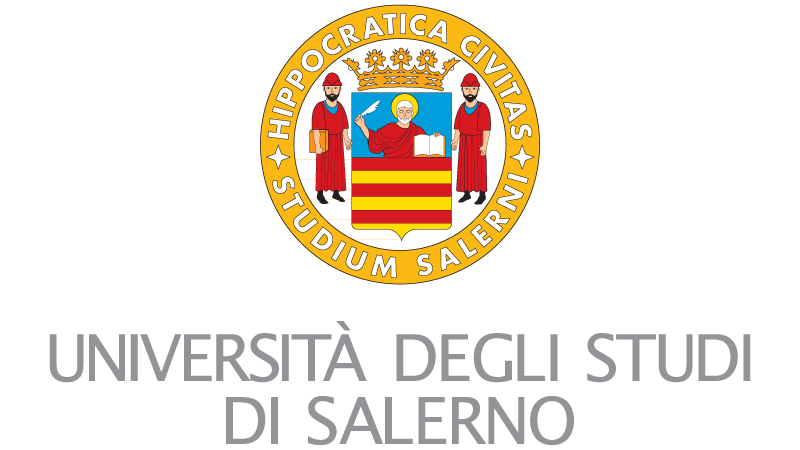TEAM

University of Salerno

Prof. Giuseppe Scanniello(Principal Investigator) |
|

Prof. Simone Romano |

Prof. Rita Francese |

Sabato Nocera |

Pietro Cassieri |

University of Sannio

Prof. Massimiliano Di Penta(Co-Principal Investigator) |

Prof. Fiorella Zampetti |

Daniele Bifolco |